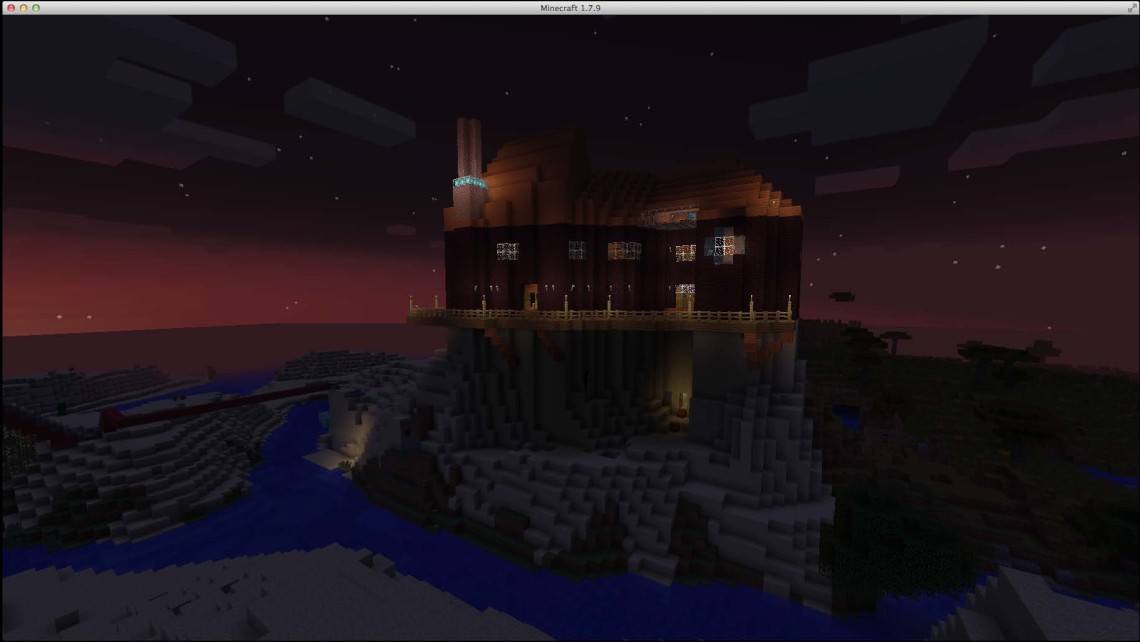Wesley Wolfe (aka Wolvereness), a current [Craft]Bukkit developer, has apparently issued one or more notices pursuant to the safe harbor provisions of the Digital Millennium Copyright Act (“DMCA”), 17 U.S.C. § 512, (“DMCA Notice”) seeking the removal of content he believes to be infringing certain copyrights. In particular, he issued a DMCA Notice to Spigot. In addition to removing the content alleged to be infringing, Spigot has issued a public response to the DMCA Notices. Mr. Wolfe has also apparently issued a DMCA Notice to GitHub.
DMCA Background
Under the federal statute 17 U.S.C. § 512 (which is a section of the broader United States Copyright Act), a party who owns rights to a copyrighted work appearing on the Internet without authorization may seek the removal of such copyrighted work. To do so, the party with rights to a copyrighted work, or someone authorized to act on the party’s behalf, can issue a written DMCA Notice to the registered agent of the entity hosting the content alleged to be infringing. In the DMCA Notice, the party must provide specific information including the signature of the individual issuing the notice; identification of the copyrighted work alleged to be infringed; identification of the content allegedly infringing the copyrighted work with information sufficient for the host to locate such content (usually by specific uniform resource locators); contact information for the party submitting the DMCA Notice; a statement that the party has a good faith belief that the use complained about has not been authorized by the copyright owner; and, a statement that the information submitted is accurate; and, under penalty of perjury, a statement that the individual submitting the DMCA Notice has authorization of the owner of an exclusive right in the copyrighted work. 17 U.S.C. § 512(c)(3).
When a host receives a DMCA Notice, it must act promptly to remove any content alleged to be infringing of a copyright to enjoy the safe harbor provisions under the DMCA. Essentially, if the host does not want to be liable for the infringement, it must act expeditiously to a DMCA Notice. Consequently, most hosts that receive DMCA Notices will remove the content promptly while the matter becomes sorted out.
Indeed, the host that receives a DMCA Notice can submit a copy of the DMCA Notice to the party who posted the content alleged to be infringing. In fact, to avoid potential liability to the individual who posted the content, the host must submit the DMCA Notice. The party that posted the content alleged to be infringing can then serve a DMCA Counter-Notice to the host. To maintain immunity for taking down the content, the host must submit the Counter-Notice to the party who issued the DMCA Notice and, interestingly, replace the removed material within fourteen (14) days of receiving the Counter Notice unless the host receives notification from the party issuing the DMCA Notice that it has filed an action in a court.
Of course, there do exist penalties for misrepresentations included in a DMCA Notice.
Wolfe DMCA Notices
GitHub published a copy of the DMCA Notice it received. As the urls provided for the original content refer to the GitHub site for Wolvereness, it is presumed Mr. Wolfe issued the DMCA Notice despite his name being redacted. In the DMCA Notice, the author claims that multiple sites infringe his copyright by distributing software known as CraftBukkit and other aliases such as Spigot. Importantly, he claims to own a copyright to content within CraftBukkit. Later in the DMCA Notice, the author explains how the distribution of CraftBukkit puportedly violates his copyright.
If I understand Mr. Wolfe’s argument, he contends that the use of his works by others must comply with his license. The license he cites happens to be the GNU General Public License. He contends that any program that uses or links to software licensed under a GPL license must make public the source code for the program using or linking to GPL licensed software.
He then explains that the CraftBukkit software that includes his code also includes Mojang’s proprietay Minecraft Server software. Because CraftBukkit includes his GPL licensed code, any other code within CraftBukkit must also be GPL licensed and comply with its terms. Thus, he implicitly contends that Mojang must release the original source code to its software included within CraftBukkit because CraftBukkit includes GPL licensed code.
Mr. Wolfe then relates that Mojang has expressly stated that it has not authorized any of its proprietary software – including that in the Bukkit project – to be subject to any GPL license. As such, Mojang will not be releasing any of its original source code. Consequently, because Mojang will not be complying with the GPL license and because CraftBukkit uses his GPL code, Mr. Wolfe contends that the distubution of the CraftBukkit software violates his copyright to his code he licensed pursuant to the GPL.
End Game
What is Mr. Wolfe’s end game? Surely, he does not expect Mojang to release its original proprietary code.
Will the Minecraft community quickly work to create software that replaces any code from Mr. Wolfe and render his contributions meaningless?
Meanwhile, Mr. Wolfe has brought to fore the quagmires and dangers in GPL licensed products finding their way into larger publicly created and used software projects.
I welcome any information about the specific code to which Mr. Wolfe refers and the significance of the code to the CraftBukkit project.
Tags
Recent Posts
- Audi Set to Release First Level 3 Self-Driving Vehicle Next Year
- Facebook’s Artificial Intelligence Creates Non-Human Language
- Charitable Crowdfunding Platform GoFundMe Looks to Global Market
- Major Ransomware Attack Targeting Computers Worldwide
- Connecticut Bill Would Allow Police to Put Deadly Weapons on Drones
